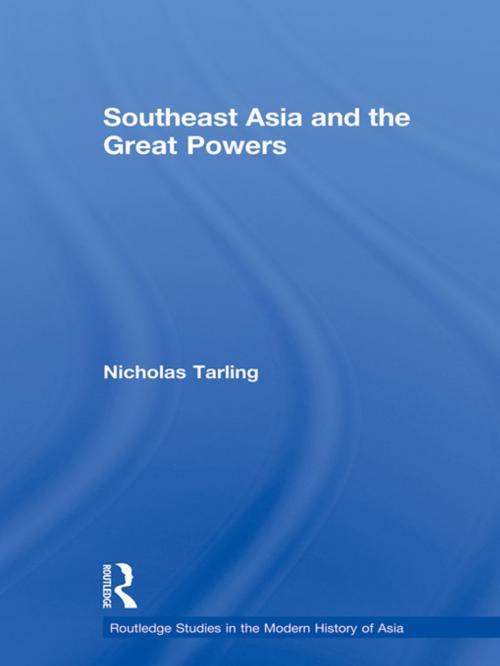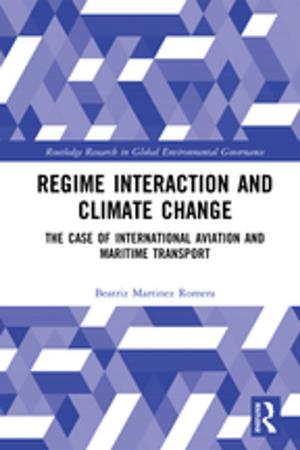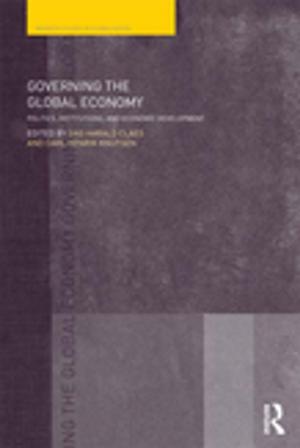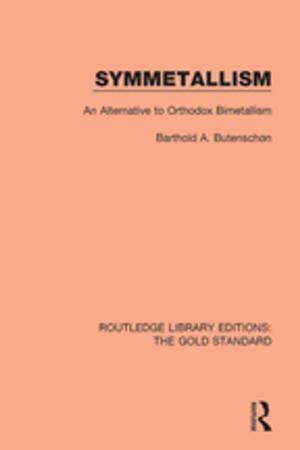Southeast Asia and the Great Powers
Nonfiction, History, Asian, Asia, Social & Cultural Studies, Social Science, Cultural Studies, Ethnic Studies, Political Science, International, International Relations| Author: | Nicholas Tarling | ISBN: | 9781135229405 |
| Publisher: | Taylor and Francis | Publication: | June 17, 2013 |
| Imprint: | Routledge | Language: | English |
| Author: | Nicholas Tarling |
| ISBN: | 9781135229405 |
| Publisher: | Taylor and Francis |
| Publication: | June 17, 2013 |
| Imprint: | Routledge |
| Language: | English |
The success of regionalism in Southeast Asia depends on the attitudes of the states within the region but also on the attitude of those outside it. This book is an erudite and stimulating study on the latter. Placing these states in a long term historical context Tarling brings out the way in which the rivalries of those powers within the region and outside it have affected the states within the region. He also shows how divisions within the region, and within states in the region, offered invitations and opportunities for intervention from outside, and so perhaps gave Southeast Asia an importance in international relations it would not otherwise have had. Regional leaders appear in recent decades to have recognised what may be construed as one of the lessons of history; if Southeast Asia can provide security for the Straits route, and stable conditions for trade and investment, it might enjoy both peace and a measure of prosperity.
Southeast Asia and the Great Powers is an important read for students and scholars of the history and international relations of Southeast Asia.
The success of regionalism in Southeast Asia depends on the attitudes of the states within the region but also on the attitude of those outside it. This book is an erudite and stimulating study on the latter. Placing these states in a long term historical context Tarling brings out the way in which the rivalries of those powers within the region and outside it have affected the states within the region. He also shows how divisions within the region, and within states in the region, offered invitations and opportunities for intervention from outside, and so perhaps gave Southeast Asia an importance in international relations it would not otherwise have had. Regional leaders appear in recent decades to have recognised what may be construed as one of the lessons of history; if Southeast Asia can provide security for the Straits route, and stable conditions for trade and investment, it might enjoy both peace and a measure of prosperity.
Southeast Asia and the Great Powers is an important read for students and scholars of the history and international relations of Southeast Asia.















